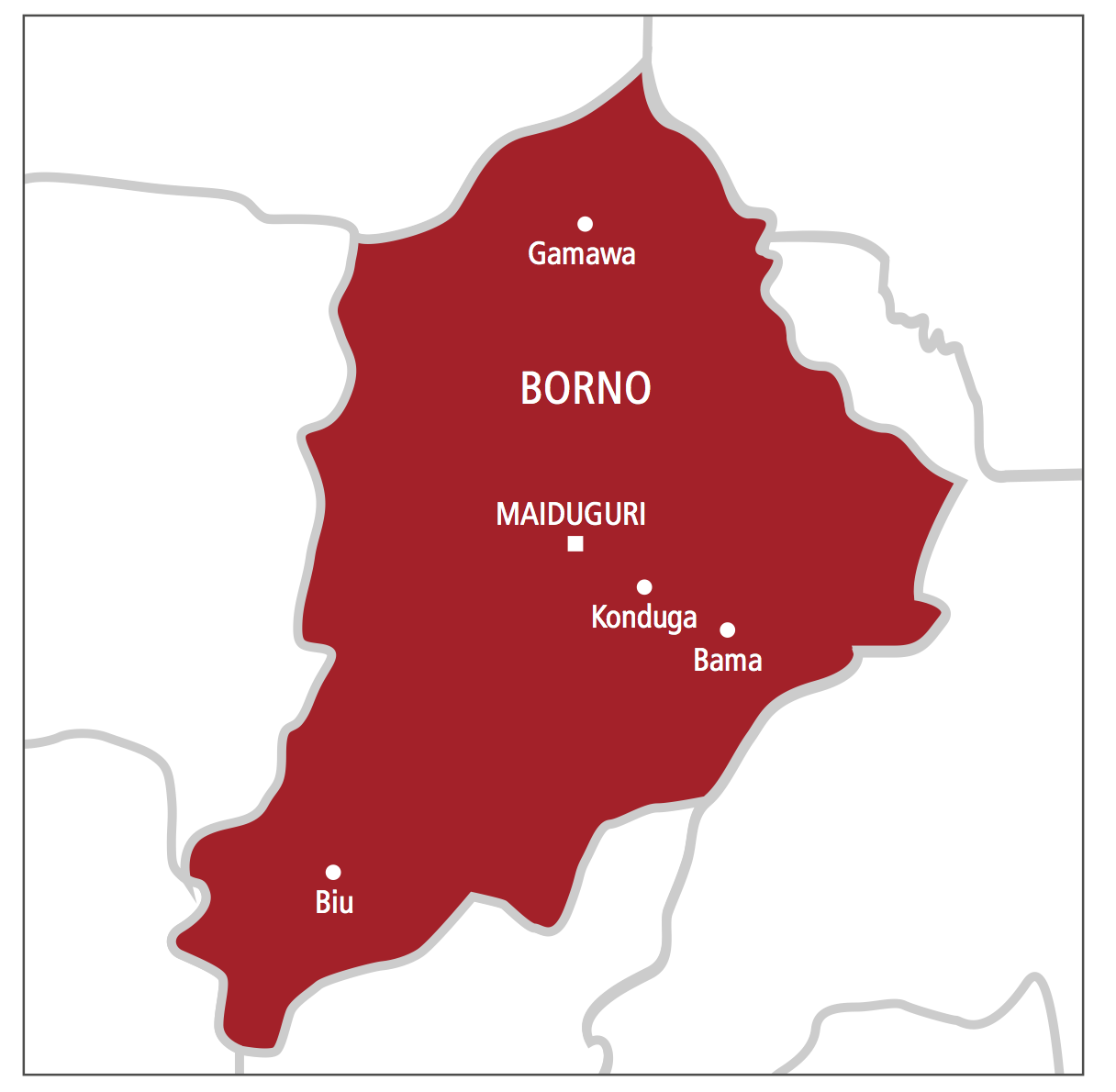Why Maiduguri needs additional markets
Maiduguri, the capital city of Borno State in northeastern Nigeria, has been a city that has seen its fair share of challenges over the years. From the devastating effects of the Boko Haram insurgency to the economic difficulties faced by its residents, Maiduguri has had to bear the brunt of these hardships. As the governor […]

Borno
Maiduguri, the capital city of Borno State in northeastern Nigeria, has been a city that has seen its fair share of challenges over the years. From the devastating effects of the Boko Haram insurgency to the economic difficulties faced by its residents, Maiduguri has had to bear the brunt of these hardships.
As the governor of Borno State, it is crucial Governor Zulum continues to address the needs of the people and work towards improving their livelihoods. One area that deserves his immediate attention is the provision of additional markets in Maiduguri.
Markets play a significant role in the economy of any city. They serve as a hub for economic activities, provide employment opportunities, and contribute to the overall development of the region. In the case of Maiduguri, the existing markets such as the Monday Market, Kasuwan Shanu Market, and the Custom Market are insufficient to cater to the growing population and the needs of the people.
The population of Maiduguri has significantly increased in recent years due to Internally Displaced Persons (IDPs) seeking refuge from the Boko Haram insurgency. Many of these individuals have settled in Maiduguri and have started businesses to sustain themselves and their families. However, the lack of adequate market space has made it challenging for these entrepreneurs to thrive and reach their full potential.
Hardship: Only 5 of 240 admitted students registered at FGC Maiduguri
AMAC allocates free shops to traders for 6 months
The existing markets are overcrowded, with stalls crammed together, and limited space for vendors to display their goods. This overcrowding not only makes it difficult for customers to navigate through the market but also poses health and safety risks. In an overcrowded market, there is an increased risk of stampedes and the spread of infectious diseases. Additionally, the lack of proper infrastructure such as clean water and sanitation facilities exacerbates these concerns.
Furthermore, the existing markets in Maiduguri lack essential amenities such as parking spaces, proper waste management systems, and basic facilities like restrooms. This not only affects the daily lives of the people but also hinders any potential growth in the market economy. Lack of adequate parking spaces makes it inconvenient for customers to access the markets, and the absence of proper waste management leads to unhygienic conditions. These challenges not only affect the market vendors but also discourage potential investors and shoppers from visiting the markets.
Therefore, it is imperative for the government to improve the market infrastructure in Maiduguri. This can be achieved by constructing additional markets in strategic locations across the city. These new markets should be designed with ample space for vendors to display their goods, proper walkways for customers to navigate easily, and sufficient parking spaces to accommodate vehicles. It is crucial to ensure that these new markets have adequate provision for clean water and sanitation facilities. This will not only enhance the shopping experience for customers but also create a safer and healthier environment for everyone.
In addition to improving the physical infrastructure, it is vital to foster an environment that encourages entrepreneurship and supports small business owners. This can be achieved by providing training and skill development programs for market vendors, facilitating access to credit and loans, and promoting business development initiatives. By investing in the growth and success of small businesses, the government can contribute to the economic development of Maiduguri and uplift the lives of its residents.
Moreover, the government should consider diversifying the types of markets available in Maiduguri. While traditional markets are essential, there is also a growing demand for modern retail spaces such as supermarkets and shopping malls. These modern retail spaces can attract more customers, provide a wider range of products, and create additional employment opportunities. By diversifying the market landscape, Maiduguri can position itself as a regional economic hub, attracting shoppers from neighbouring cities and states.
Another aspect to consider is the promotion of local products and industries. Maiduguri is known for its agricultural products, such as grains, livestock and fish. By encouraging the establishment of specialised markets that specifically cater to these products; the government can create a platform for local farmers and entrepreneurs to promote their goods. This will not only boost the local economy but also contribute to food security and reduce import dependency.
While there may be challenges to overcome, such as acquiring land for new market constructions and securing funding for infrastructure development; the long-term benefits of investing in additional markets outweigh these hurdles. The economic growth and improved livelihoods that can result from the provision of adequate market spaces are invaluable to the people of Maiduguri.
In conclusion, Dear Governor Zulum, the need for additional markets in Maiduguri cannot be overstated. The existing markets are overcrowded, lack essential amenities, and fail to meet the growing needs of the population and business owners.
Adamu Mohammed Hassan wrote from the Mass Communication Department, Borno State University, Maiduguri.
